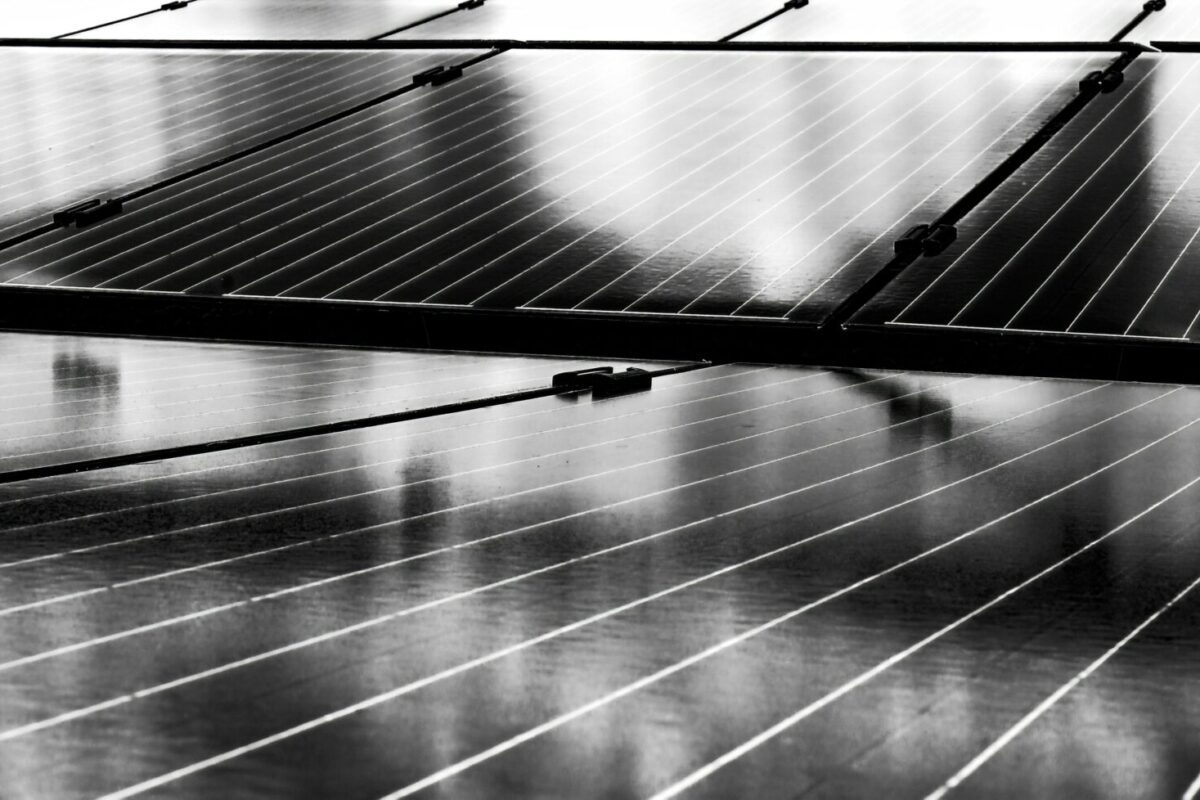Resolute Mining Limited announced that a solar hybrid plant at one of its Mali mining sites is in the early stages of planning. Reportedly, the company has inked a Joint Development Agreement (JDA) and a Power Purchase Agreement (PPA), with Ignite Energy Projects Pty Ltd, a developer, and operator of power projects in Africa. The contract pertains to a 40 MW project located at the Syama Gold Mine in Mali.
According to the announcement, the plant will combine PV, battery and heavy fuel oil (HFO) technologies. Currently, the mining site is powered by a 28 MW diesel fire generator, which will be replaced by the new solar hybrid plant, expected to commence construction in 2019 and be ready for commissioning in 2020.
Energy management company Ignite Energy will be in charge of the design, construction, ownership, funding and operation of the plant. Generated electricity will then be sold to Resolute Mining through a 12 to 20 year long PPA at a fixed tariff, which has yet to be finalized.
Managing Director and CEO of Resolute Mining John Welborn was pleased to announce the signing of the JDA, following a comprehensive global evaluation process seeking the most cost effective, environmentally friendly power solution for Syama.
“The scale of this project will be a world first – a unique combination of solar, battery, and HFO storage and generation capacity which will provide Syama with long term low cost electricity with minimal capital requirement,” he said. “The Syama Solar Hybrid Power Plant will deliver long term electricity cost saving of up to 40% at Syama… The project is a key component of delivering the expected sub-US$750 per ounce All-in-Sustaining-Cost for the Syama Underground Gold Mine.”
The company highlights that fuels costs can be up to 50% cheaper for HFO, compared to diesel, as a result of using more modern energy efficient engines. The PV system will work alongside the HFO generator to further slash power costs. Additionally, a battery storage system will enable the use of an energy management system, which should reduce wear and maintenance of the HFO generator.
Lauding the addition of a new lower cost power solution as the key component to slashing “Life of Mine All-in Sustaining Costs for the Syama Underground Gold Mine to US$746 per ounce,” the company says generation costs currently range between $0.20/kWh and $0.24/kWh, predominantly comprised of diesel fuel costs.
Resolute Mining says it has been pursuing plans to replace its diesel generators, in operation since the 1980s, with a new solution for several years. In so doing, the mining company worked with Mali’s government to review the feasibility of installing a 225 KV grid connection. After the government halted these plans in 2016, Resolute conducted a tender process seeking proposals for an IPP model.
Diesel alternative
In October, pv magazine spoke with energy analyst Thomas Hillig, about the mining industry’s adoption of solar as an alternative to diesel gensets. “It is a combination of different drivers. Probably the most important is that the mining companies have had their first experiences with solar. The first pilots were crucial. Now, mining decision makers speak actively about solar and exchange their experiences. This builds up faith in the solar solution. Also, the falling prices of solar have contributed. Additionally, increasing diesel prices – or at least uncertainties due to the global political environment – have played in solar’s favor,” he said.
On the matter of share of solar PV in new gensets, Hillig explained that currently there are no projects 100% powered by PV. “Many projects that we see right now only have a low solar penetration rate – typically no more than 20% of the electricity is solar energy. The diesel gensets continuously run even during sunny days. To switch diesel gensets off and to increase the share of solar energy, energy storage is needed.”
Concluding on the matter of costs, Hillig was convinced that off-grid solar PV solutions are a better alternative to diesel gensets. “In the end, it is in their interest to integrate more relatively inexpensive solar electricity into their energy mix,” he said.
This content is protected by copyright and may not be reused. If you want to cooperate with us and would like to reuse some of our content, please contact: editors@pv-magazine.com.




By submitting this form you agree to pv magazine using your data for the purposes of publishing your comment.
Your personal data will only be disclosed or otherwise transmitted to third parties for the purposes of spam filtering or if this is necessary for technical maintenance of the website. Any other transfer to third parties will not take place unless this is justified on the basis of applicable data protection regulations or if pv magazine is legally obliged to do so.
You may revoke this consent at any time with effect for the future, in which case your personal data will be deleted immediately. Otherwise, your data will be deleted if pv magazine has processed your request or the purpose of data storage is fulfilled.
Further information on data privacy can be found in our Data Protection Policy.